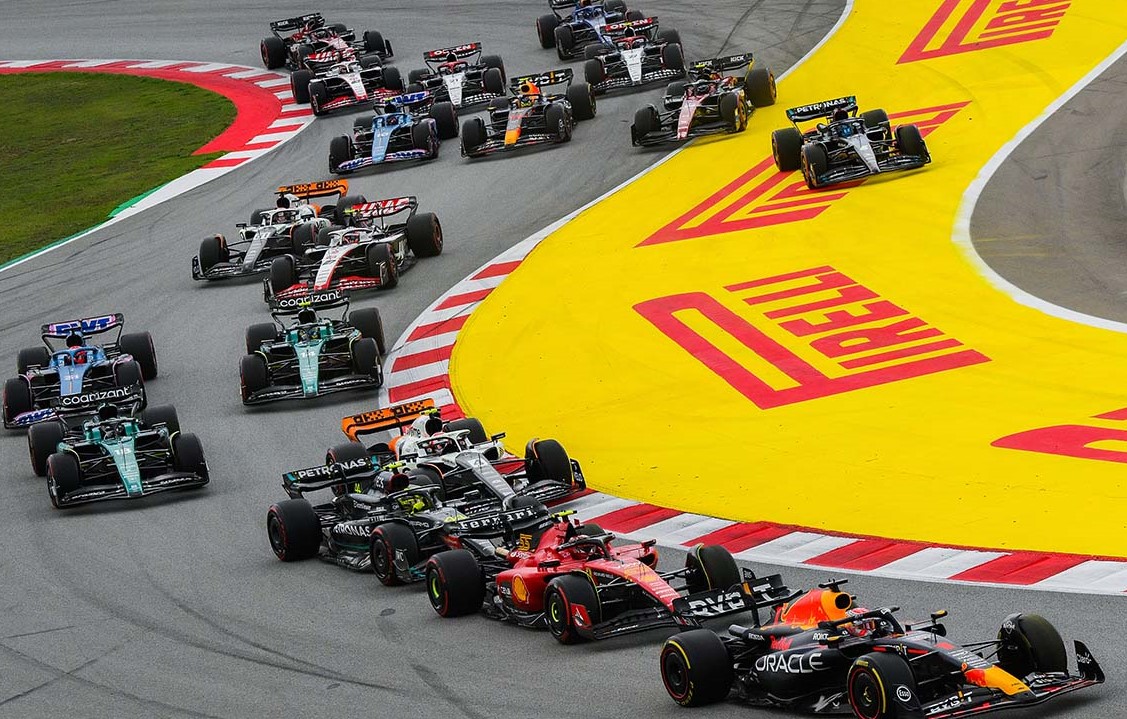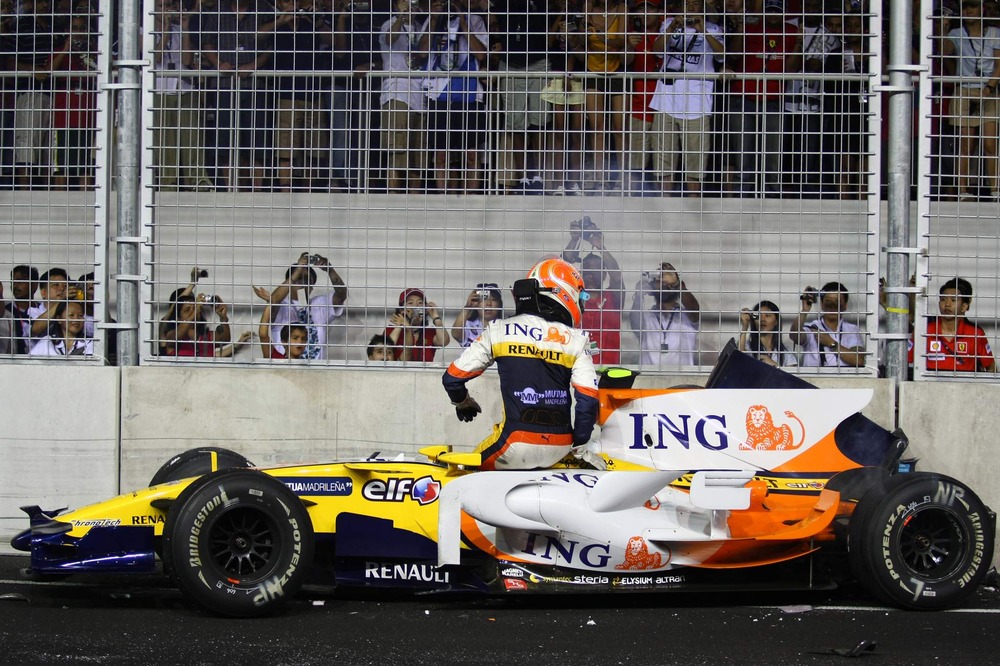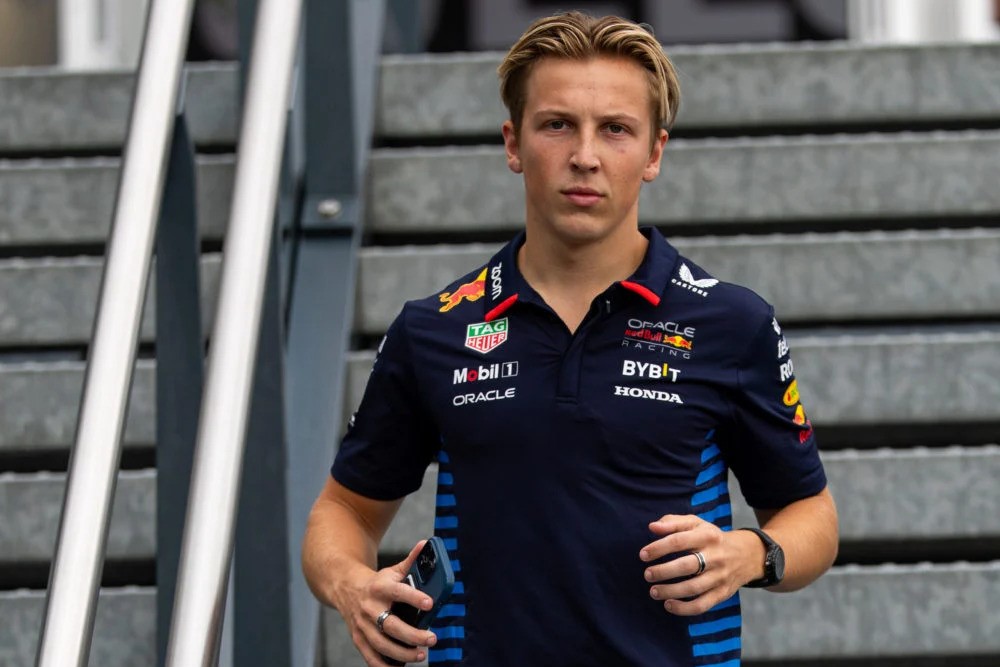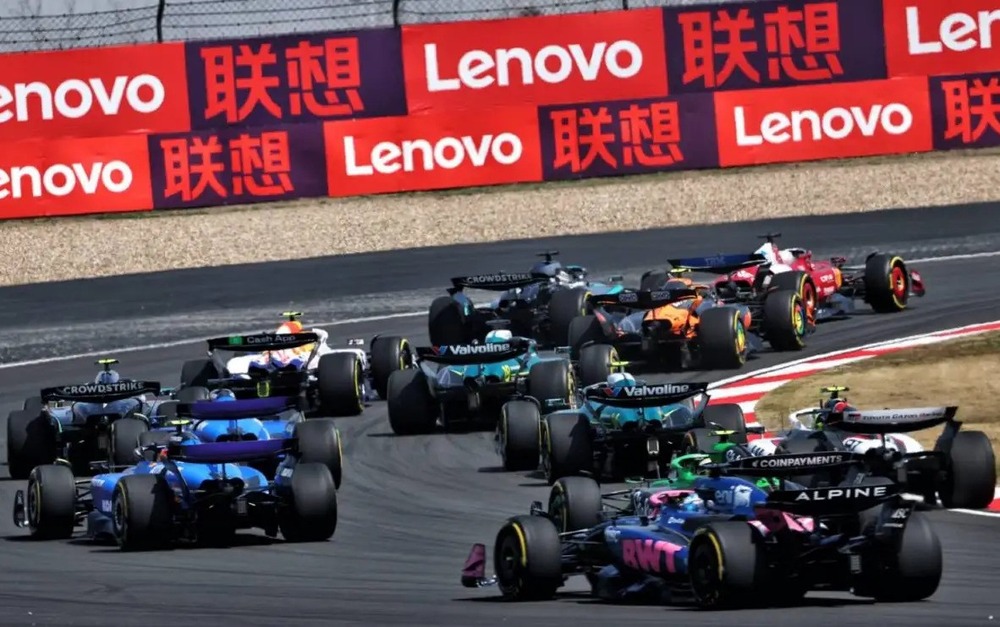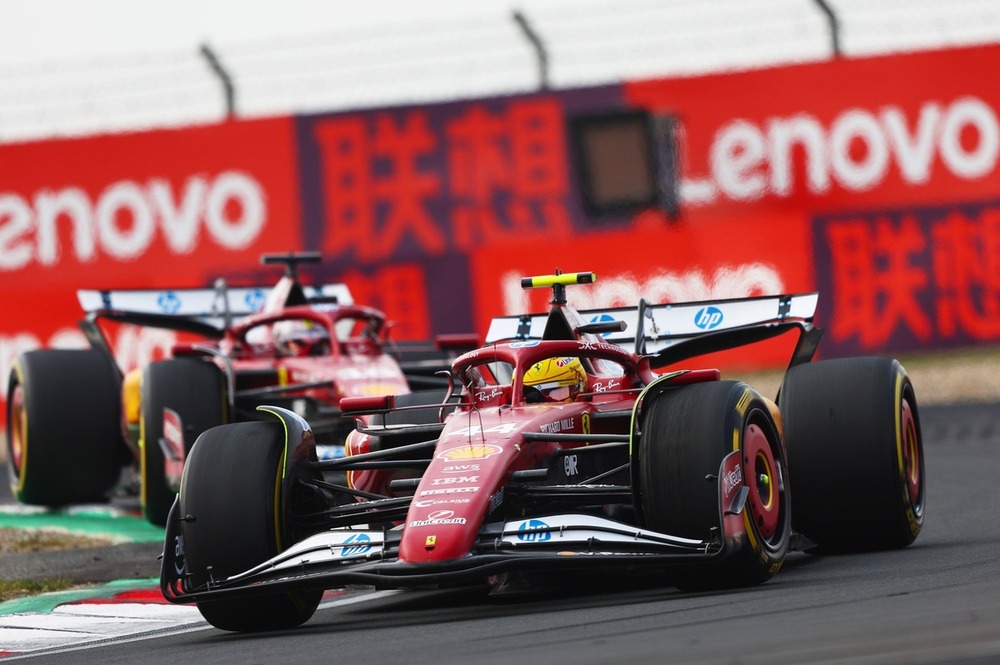According to F1 CEO Stefano Domenicali some Formula 1 teams are turning down buy-in offers that are “almost billions”.
As a result of a number of changes as well as a boost in popularity for the F1 championship series, Formula 1 teams have recently become much more productive and successful enterprises.
Key elements in limiting expenses and maximizing profitability for more teams include the implementation of the budget cap in 2021 and a redistribution of prize money as part of the conditions of the amended commercial agreement between Formula 1 teams and F1 (the Concorde Agreement).
For possibly the first time in F1’s history, it has brought in a number of new partners and manufacturers for a variety of teams, attracted prospective new team entries to the FIA, and made the sport a seller’s market.
MSP Sports Capital which now comprises McLaren’s IndyCar, Formula E, and Extreme E programs, was valued at $750 million in 2021 when the organization bought £185 million for a share in McLaren Racing that has the potential to grow to 33%, with CEO Zak Brown predicting it will surpass $1 billion in five years.
Audi will acquire three-quarters of Sauber for an undisclosed sum, which is thought to value the team at no less than $600 million. There have been rumors about Williams owner Dorilton Capital putting a billion-dollar price tag on the team for months, along with Red Bull which is believed to have a similar valuation for AlphaTauri.
Domenicali stated that the change in valuation puts the recent expansion of F1 into perspective and that it is crucial in his efforts to treat all 10 teams fairly. Since Liberty Media acquired the F1 rights, there has been a strong focus on developing the lesser Formula 1 teams into stronger, more competitive outfits.
“Two years ago, when the new Concorde Agreement has been signed, when there was the talk about what is the value of a team to come into Formula 1, there was a number put on that was $200m, which seems unreachable,” F1 CEO Stefano Domenicali said on F1’s official podcast released this Wednesday.
“There were teams in the past that were sold for £1. Now, the market is offering almost billions to teams. And they are refusing that… Can you imagine that?”
The COVID-19 pandemic struck in 2020 and F1’s stakeholders made a collective push to allocate revenues more fairly, while the rising popularity of components like the Netflix Drive to Survive docu-series made all teams appear more appealing to new partners. These events led to an acceleration of the growth of the so-called “franchise system.”
According to Domenicali, F1 can only expand if most of the teams do as well. This is because the more competitive the field, the more exciting the races, and the more the sport can attract fans.
He added that he believes the teams at present ought to be recognized for their preceding investments in Formula One, which is in part the reason why he personally opposes expanding the number of teams currently.
“I think that 10 teams are more than enough to create the show, or the business and the attention that we want to see on the track,” Domenicali added. “There is an evaluation going on today that involves the FIA and us to make the right call for the future.
“And this is something that is also connected to the future discussion that will happen with the renewal of the Concorde Agreement.
“We need to remember that this expires in 2025, so there is still a long time to go but it’s an evaluation that we need to take, considering what I said.
“Where in the past there were teams that were coming in, getting out with zero value, and now the teams are stable, very profitable, and very strong in terms of technical capability to be competitive on the track.
“Therefore the right answer is that in the next months it will be a very important point of discussion that we need to take.
“Do we need to stay with 10, do we need to have more teams, or can we give the exemption to future possible teams that can be very strong to join? These are all topics that will be part of the discussion for the future.”

